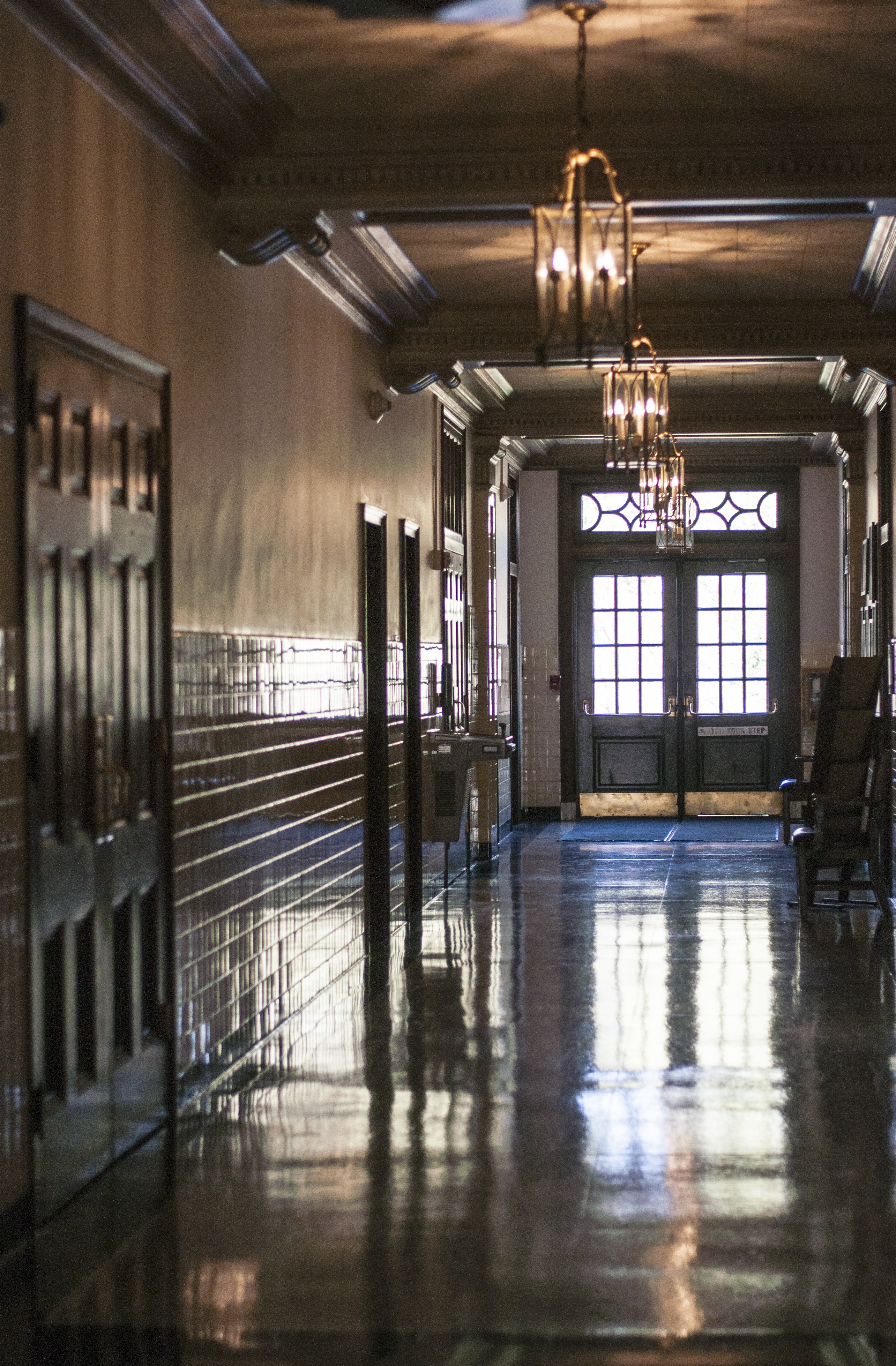Report of divestment released; BOV to decide on divestment in April meeting
2 min read
Alex Sakes | The Blue & Gray Press
By KELLY EMMRICH
The University of Mary Washington President’s Council on Sustainability released an official report that recommends a 99 percent divestment from fossil fuels. Because of the report, the Board of Visitors has an obligation to make a decision on the issue in their next public board meeting on April 15 and 16.
President Richard Hurley said that he intends to make a recommendation to the BOV on divestment for their April meeting. But according to assistant professor of anthropology and sociology Eric Bonds, what the recommendation will contain has not been made public.
“In August, President Hurley gave us a list of seven questions to answer in an honest and balanced way, weighing potential costs versus benefits of divestment for a small public liberal arts college, and ultimately making some kind of recommendation on the issue,” said Bonds, who is also co-chair with Erin Wysong of the Divestment Subcommittee.
The divestment report is the culmination of all of the deliberation that the subcommittee has done throughout the year. The 23-page report is divided into seven parts that answer Hurley’s seven questions respectively.
1. What are the pros and cons of divesting from the fossil fuel industry?
2. What alternative strategies can the university follow to address the ultimate goal of impacting climate change?
3. What does UMW already do that addresses sustainability concerns?
4. What would the financial impact be on our endowment if we divest?
5. What is the feasibility of divestment, given the investment profile of the UMW Foundation (e.g. disentangling of a specific type of investment from broad-based funds- of-funds)?
6. Determine whether or not any UMW divestment decision would impact relevant industries, global climate change, and sustainability goals.
7. Examine higher education institutions that have divested and report how they did it and the impact of their decision, i.e. return on investments.
The report on divestment says that a reallocation of endowment funds towards sustainable and socially responsible investments would further align UMW investments with UMW values. Sean Morris, sophomore biochemistry major, has a different view of the proposal, believing that the endowment should not be limited.
“An endowment should be an economic resource for a university and not a political tool,” Morris said. “The purpose of the endowment is to create money for our school to use, and frankly we could use all the money we can get. We have plenty of uses for our money to go for, and putting limits on it could backfire.”
Morris is a student member of the divestment subcommittee and he is one of the members who voted against divestment from fossil fuels.
“Just because we do not choose to invest in fossil fuels, does not mean they go away,” Morris said. “We sell our stock we give our voice in a company potentially to someone who cares less.” The final decision will be made on April 16.











